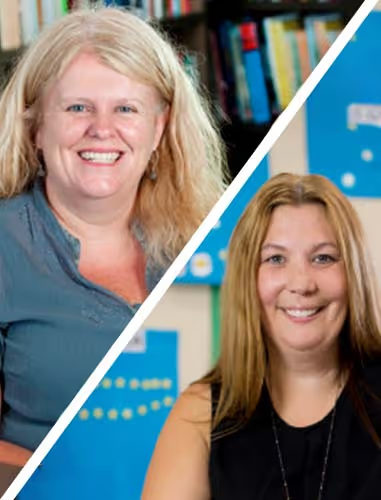











The University of Newcastle were searching for a way to realistically teach their Speech Pathology students how to treat paediatric patients. To bring about a learning experience that would enrich and compliment theoretical coursework, the Speech Pathology VR training component allows students to gain a realistic understanding of the differences and nuances involved in working with children.
Start Beyond developed a VR speech therapy training component that was implemented into the Speech Pathology course at the University of Newcastle.
This immersive VR training component is aimed at allowing students to gain realistic experience of working with children patients as working only with adult patients sets impractical expectations.
The two scenarios carried out in the VR training solution gives students the opportunity to conduct an oral examination on two different pediatric patients - which in turn begins to alleviate an important knowledge and skills gap.
Second year speech pathology students said;
"I was really impressed by the technology and how real it felt; it was like you were in the room with them, and it made every step so much more visual"
"It's the best explanation of an OMA I've had. Being able to see it done firsthand really put me in the moment. i also thought that 'doing' 2 OMAs of different aged clients to display the challengers which may apply ie the boy was rather restless"
"I think it will have a positive constructive effect on my clinical skills in enriching my understanding of OMA assessment and how they are implemented." *
* Kelly, B., Walters, J., & Unicomb, R. (2023). Speech pathology student perspectives on virtual reality to learn a clinical skill. Teaching and Learning in Communication Sciences & Disorders, Vol.7: Iss. 1, Article 5. doi: 10.30707/TLCSD7.1.1675490380.832879
Available at: https://ir.library.illinoisstate.edu/tlcsd/vol7/iss1/5
Watch the video Case Study below...
In each scenario, students interact and conduct an oral muscular assessment from the perspective of the speech pathologist. By using the Oculus Quest controllers to reach out and select the next steps of the process, students engage and interact in real-time with their patient.
Now that there are no restrictions around accessing real-world training with paediatric patients, students are able to gain crucial skills whilst also learning faster and more accurately from this simulated experience.








